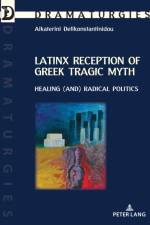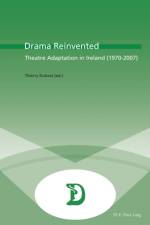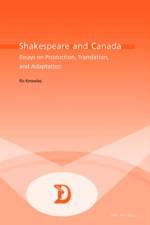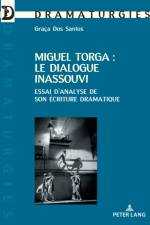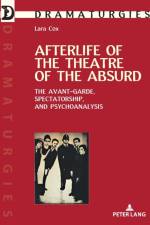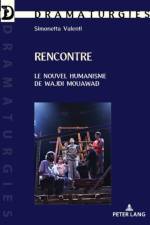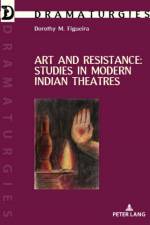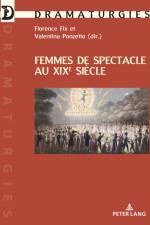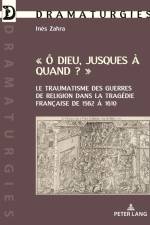von Inès Zahra
54,95 €
Le traumatisme est aujourd¿hui un paradigme essentiel dans la lecture et l¿écriture de l¿Histoire. Depuis la Deuxième Guerre mondiale et les procès de Nuremberg, qui débouchèrent sur la notion d¿imprescriptibilité des crimes, notre rapport au temps s¿est transformé. Le passé s¿est imposé au présent, et la mémoire, jadis décrié e, s¿est peu à peu hissée au rang de véritable devoir. Or, si aujourd¿hui, dans les contextes d¿après-catastrophe, l¿oubli est ce contre quoi il convient de lutter, il n¿en a pas toujours été ainsi. Dans la France des guerres de Religion, celui-ci n¿était en effet pas le mal, mais la thérapeutique politique. Face à la rupture de l¿unité religieuse qui engendra un déferlement de violence inouï , confrontant pour la première fois la conscience chrétienne à la mort de masse, la monarchie tentera, quarante ans durant, d¿abolir la mémoire des exactions commises pendant les guerres. Mais le théâtre tragique, qui renaît en France précisément au moment où éclatent les conflits civils, semble hanté par l¿actualité terrible.Quelle place ce théâtre fait-il à la mémoire des troubles ? Comment celle-ci s¿y exprime-t-elle, s¿y élabore-t-elle ? Que font les dramaturges de la violence juste passée et à quelles fins ? Dans ce livre, Inès Zahra examine, à l¿aune des Trauma studies, courant théorique qui questionne la manière dont le passé violent affecte le présent, les rapports qüentretiennent la tragédie franç aise de la fin du XVIe et du début du XVIIe siècles et la mémoire des guerres civiles.

